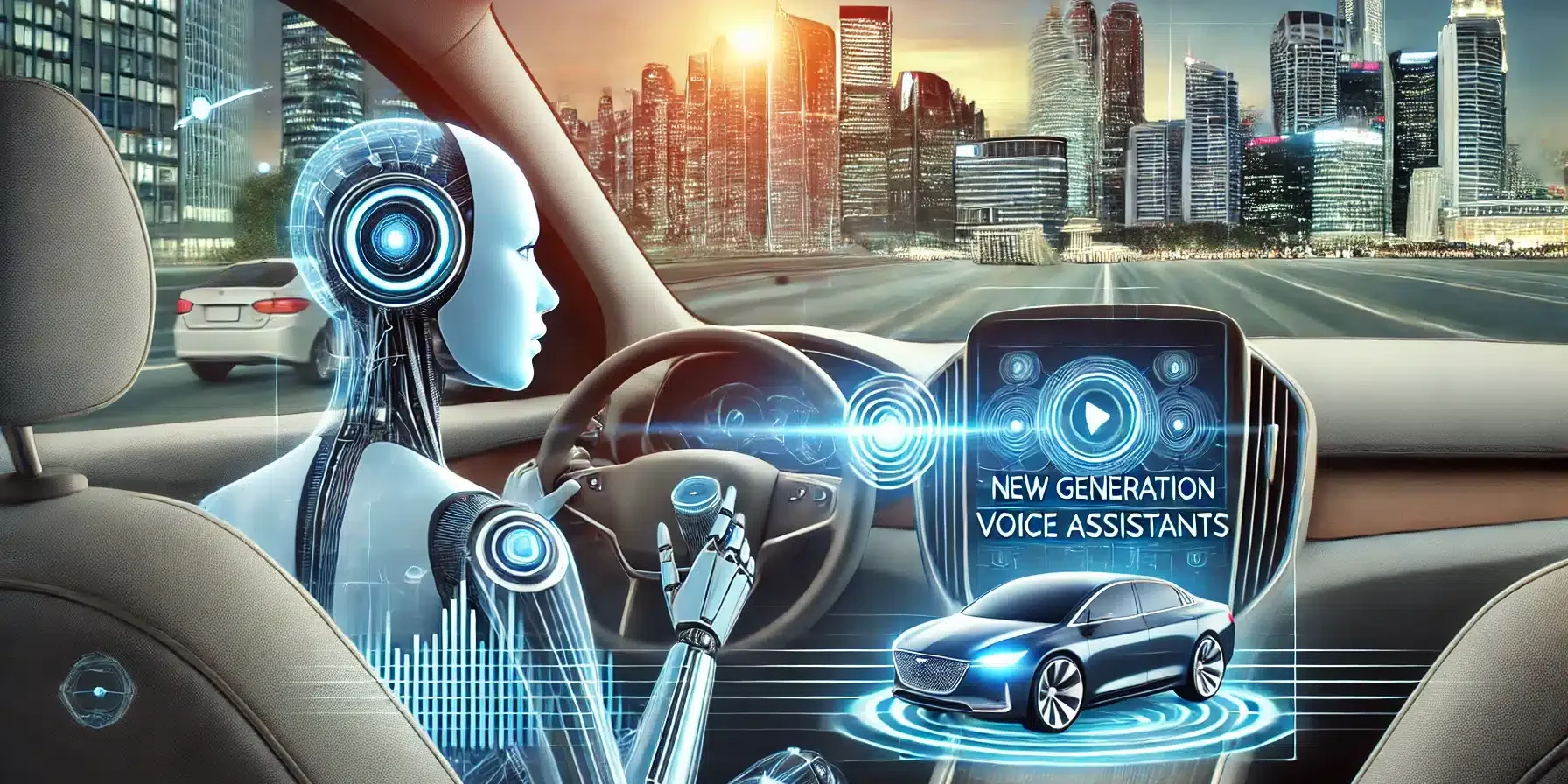Artificial Intelligence at the Driver’s Service: Next-Generation Voice Assistants Will Revolutionize Car Interfaces
In March 2024, leaders in the technology and automotive industries unveiled a new generation of artificial intelligence-based voice assistants set to revolutionize how drivers interact with vehicles. These advanced systems, utilizing the latest achievements in natural language processing and machine learning, offer an unprecedented level of context understanding, personalization, and integration with vehicle systems. The new generation of voice assistants has the potential not only to improve driving comfort and convenience but also to significantly increase road safety.
Key innovations in the new voice assistants include:
1. Advanced context understanding: Systems can interpret complex, multi-part commands and questions, taking into account situational context, interaction history, and user preferences.
2. Proactive support: Assistants can anticipate driver needs based on analysis of driving patterns, schedule, and vehicle sensor data, offering suggestions and warnings before the driver asks for them.
3. Emotional intelligence: Systems can recognize the driver’s emotional state based on voice tone and body language, adjusting their responses and actions to reduce stress and improve concentration.
4. Full integration with vehicle systems: Assistants have direct access to all car systems, enabling comprehensive control of vehicle functions through voice commands.
5. Adaptive learning: Systems continuously improve their skills, learning the preferences and habits of a specific driver, leading to increasingly personalized interaction.
The impact of these innovations on driver experience and driving safety can be significant. For example, the assistant can automatically adjust climate control and music settings based on the driver’s recognized mood, suggest a safer route if signs of fatigue are detected, or even initiate a call to roadside assistance in an emergency situation. In terms of safety, these systems can significantly reduce driver distraction by enabling control of vehicle functions and access to information without taking eyes off the road or hands off the wheel.
However, the introduction of such advanced AI systems into cars also raises some challenges and concerns. Privacy and data security issues become crucial when systems collect and analyze so much personal information. There are also concerns about potential driver dependency on technology and loss of independent decision-making skills. Car manufacturers and tech companies assure that they are working on solving these problems by introducing advanced data encryption systems and privacy control options for users.
Regardless of the challenges, industry experts agree that the new generation of voice assistants represents a significant step towards more intuitive, safer, and personalized car interfaces. As vehicles become increasingly technologically advanced and autonomous, the role of these intelligent assistants is likely to grow, shaping the future of human-machine interaction in the context of automotive technology.







